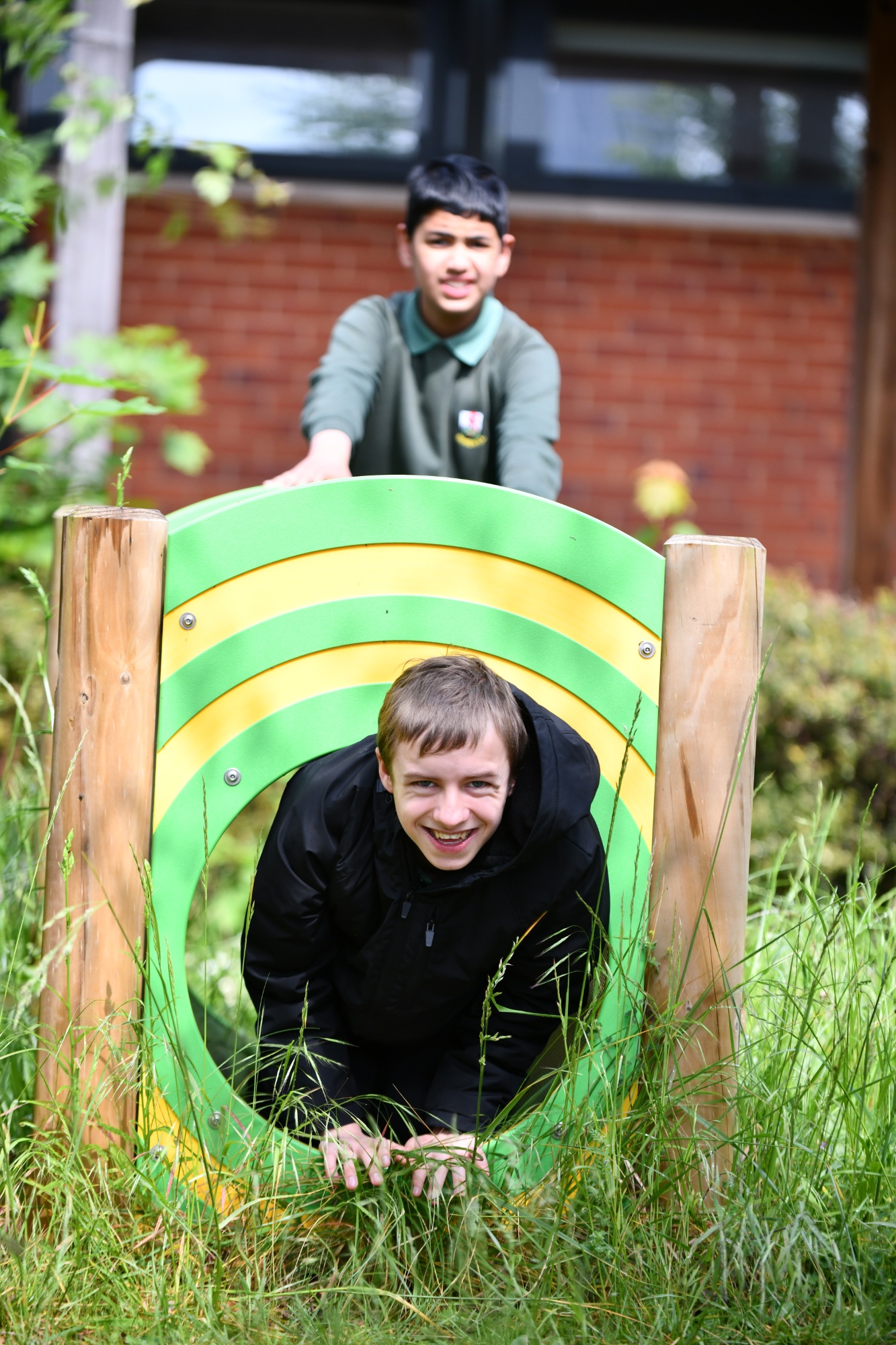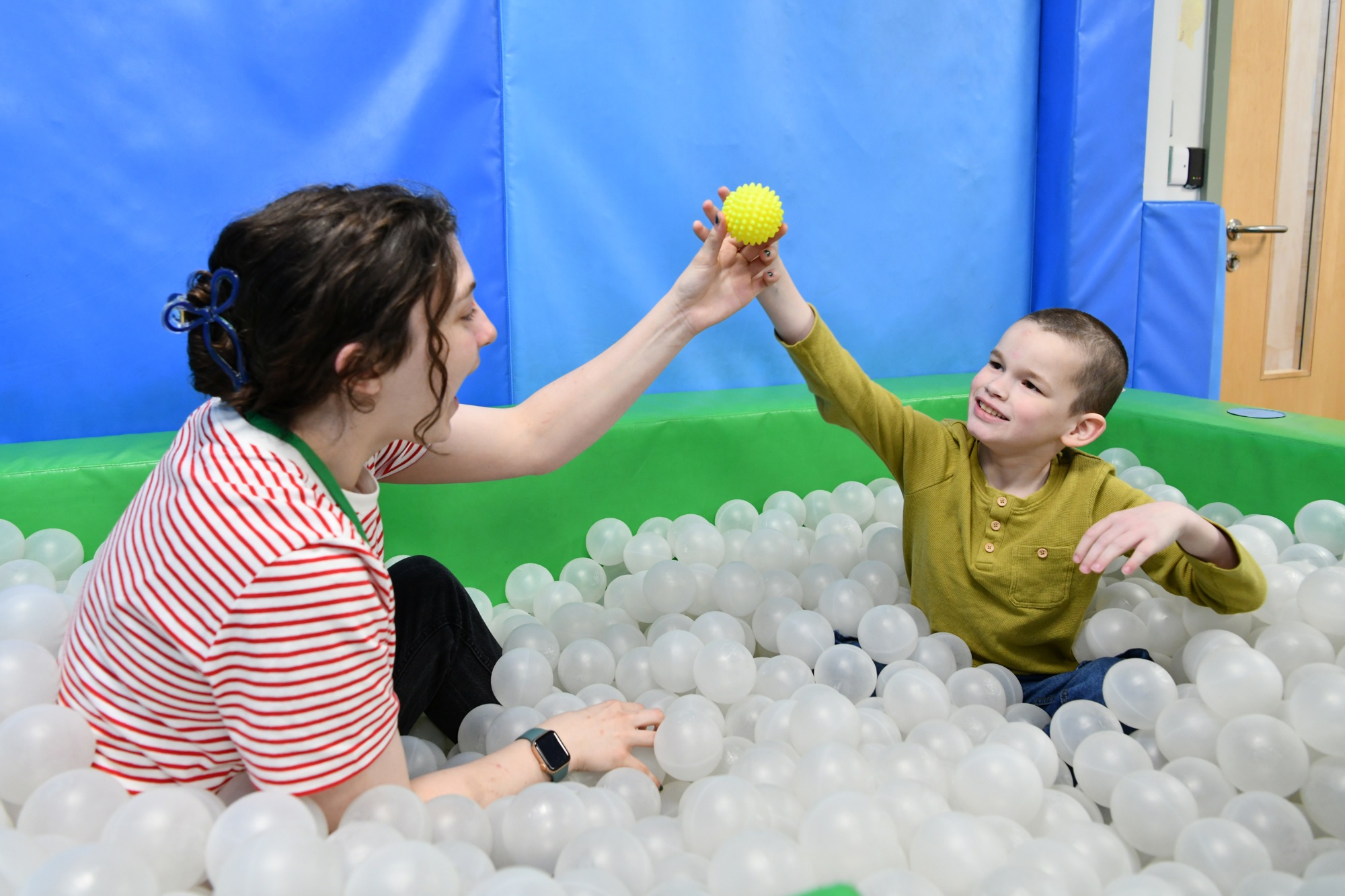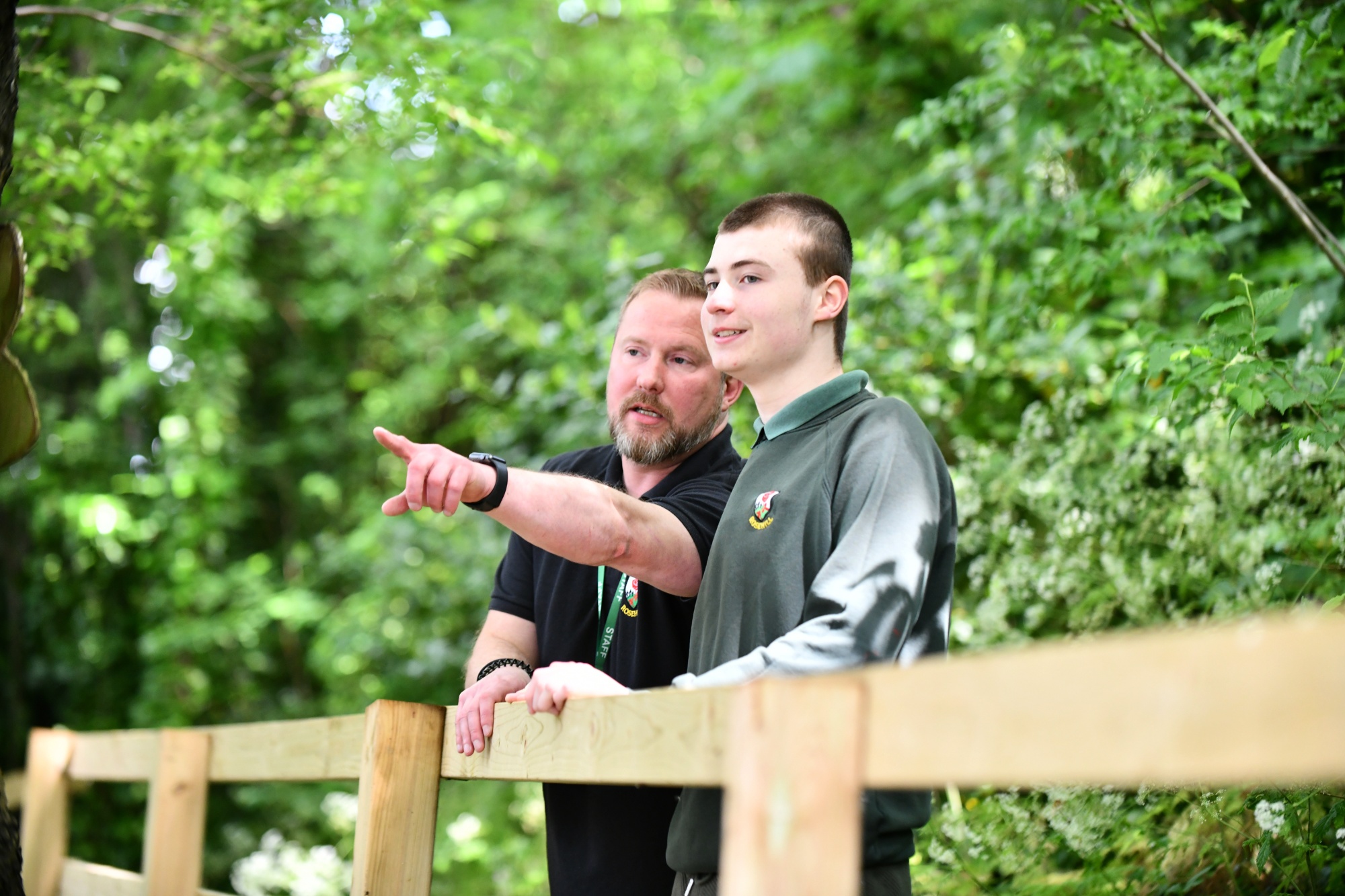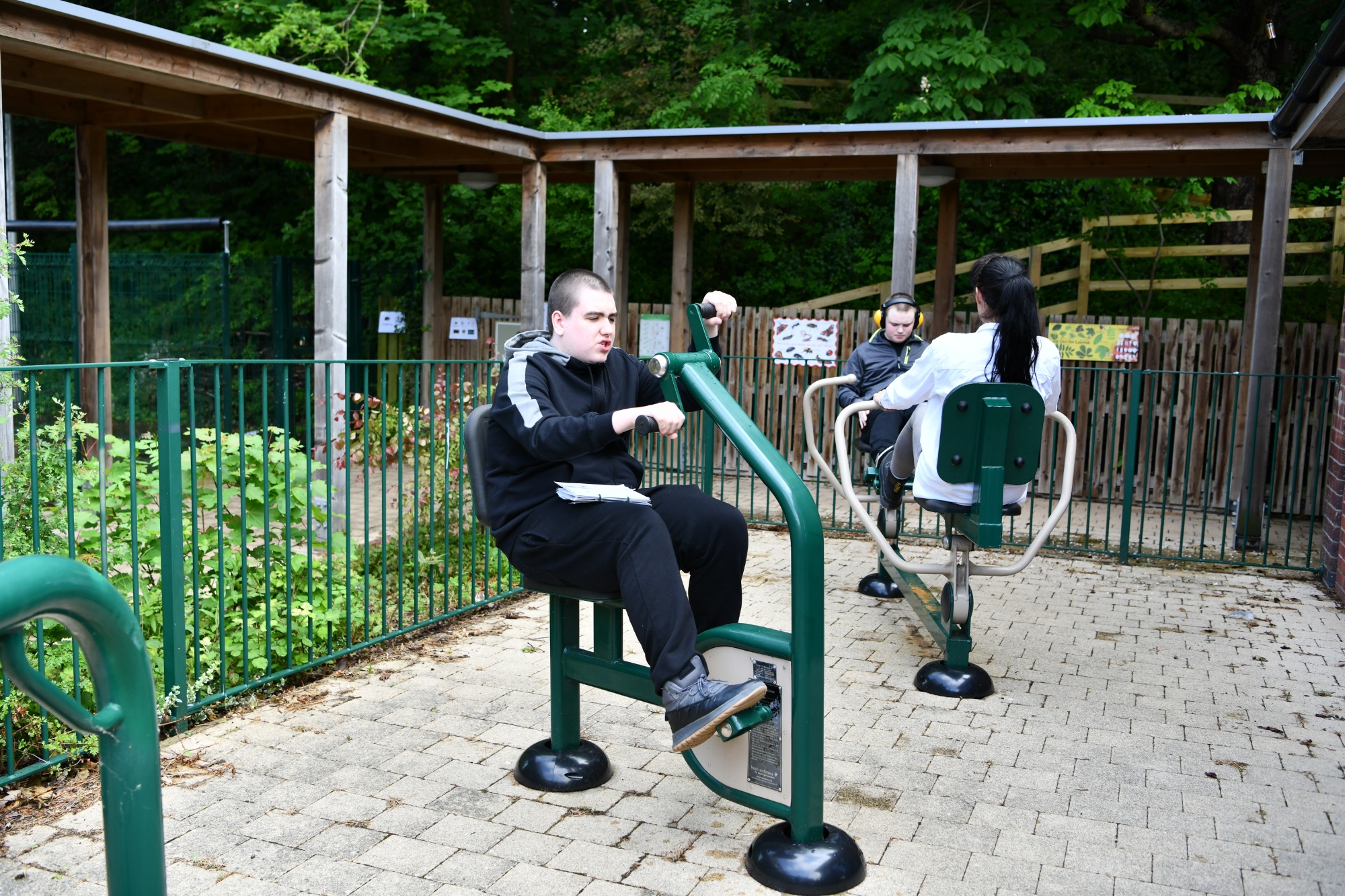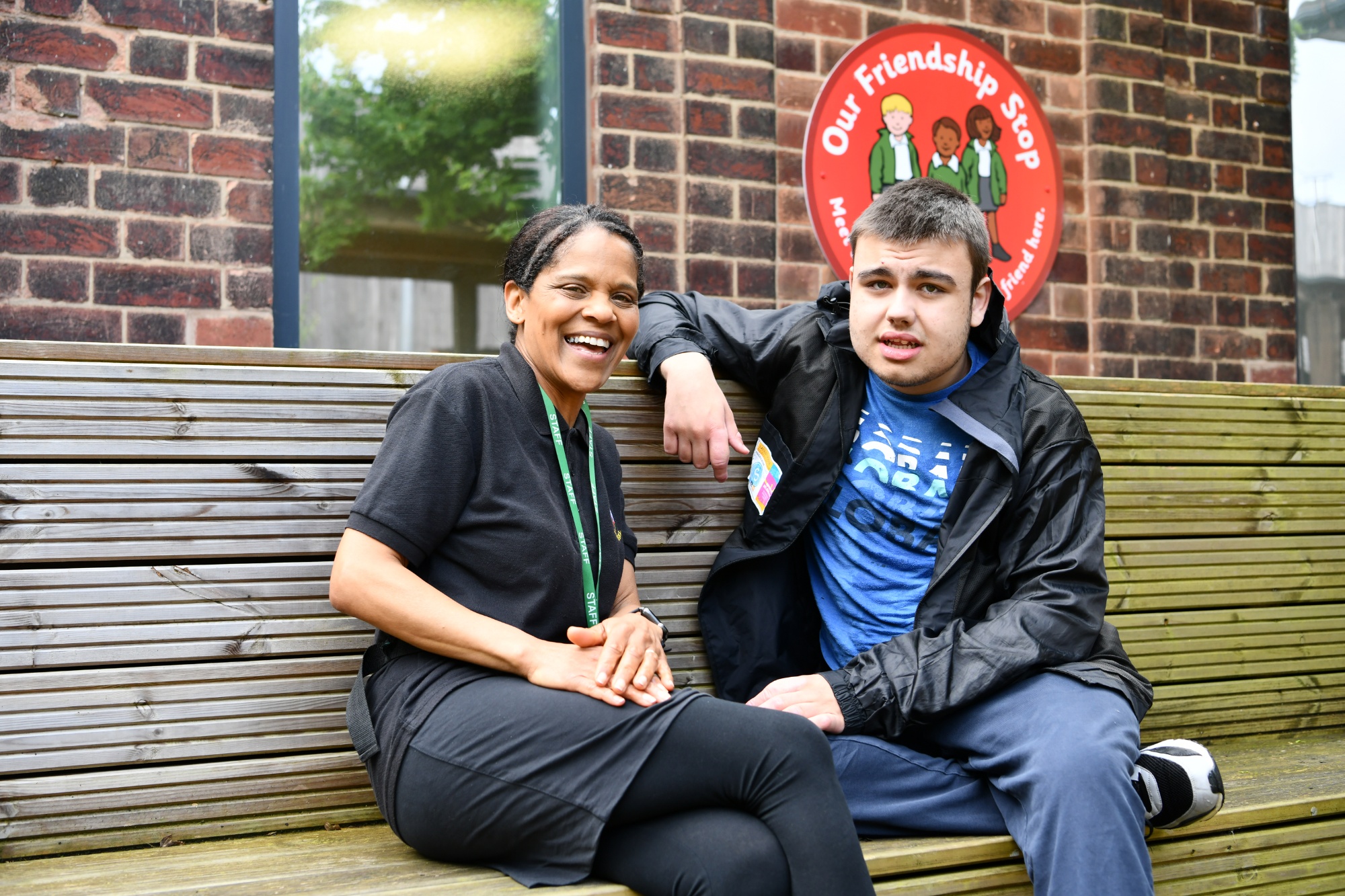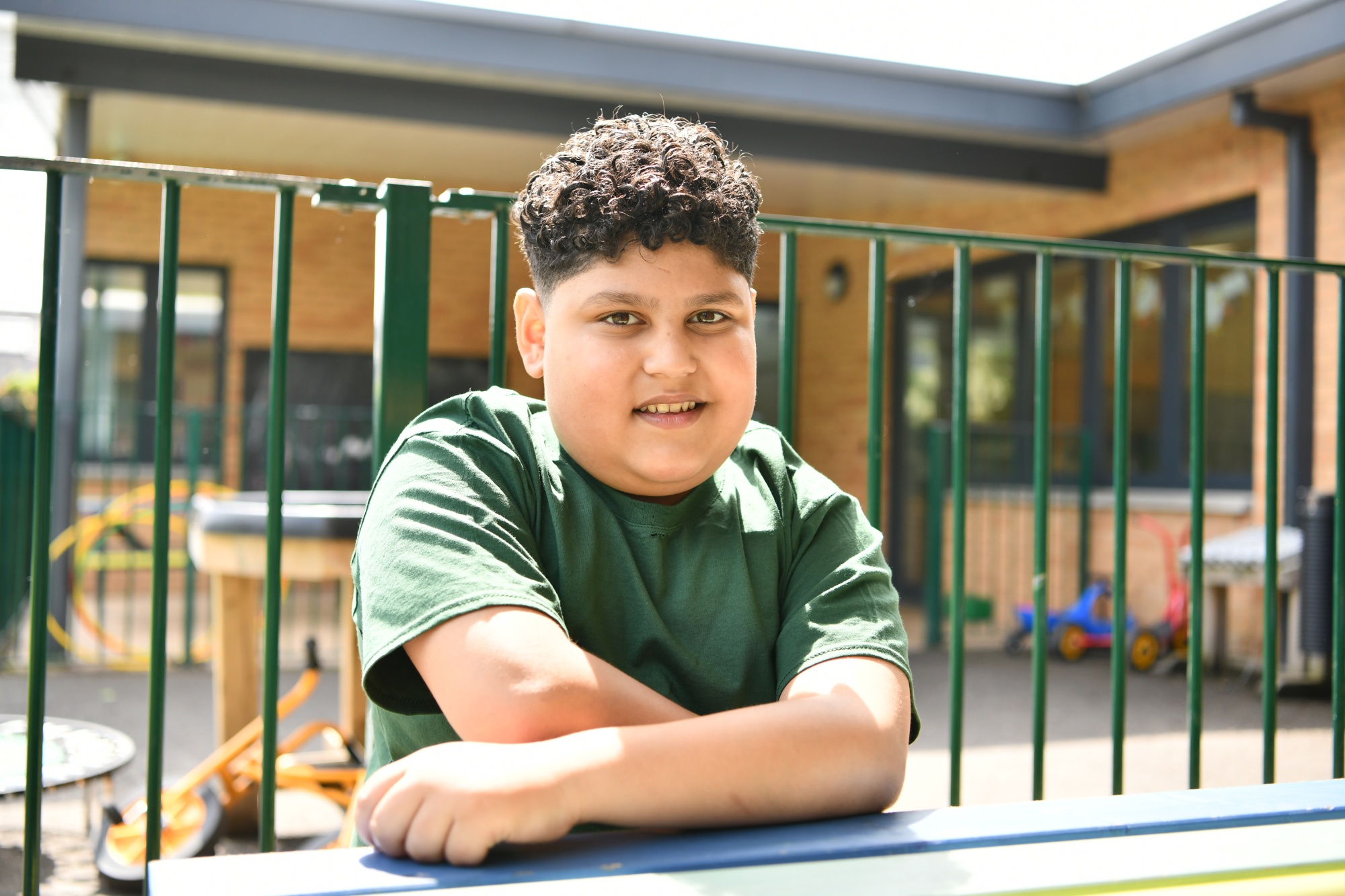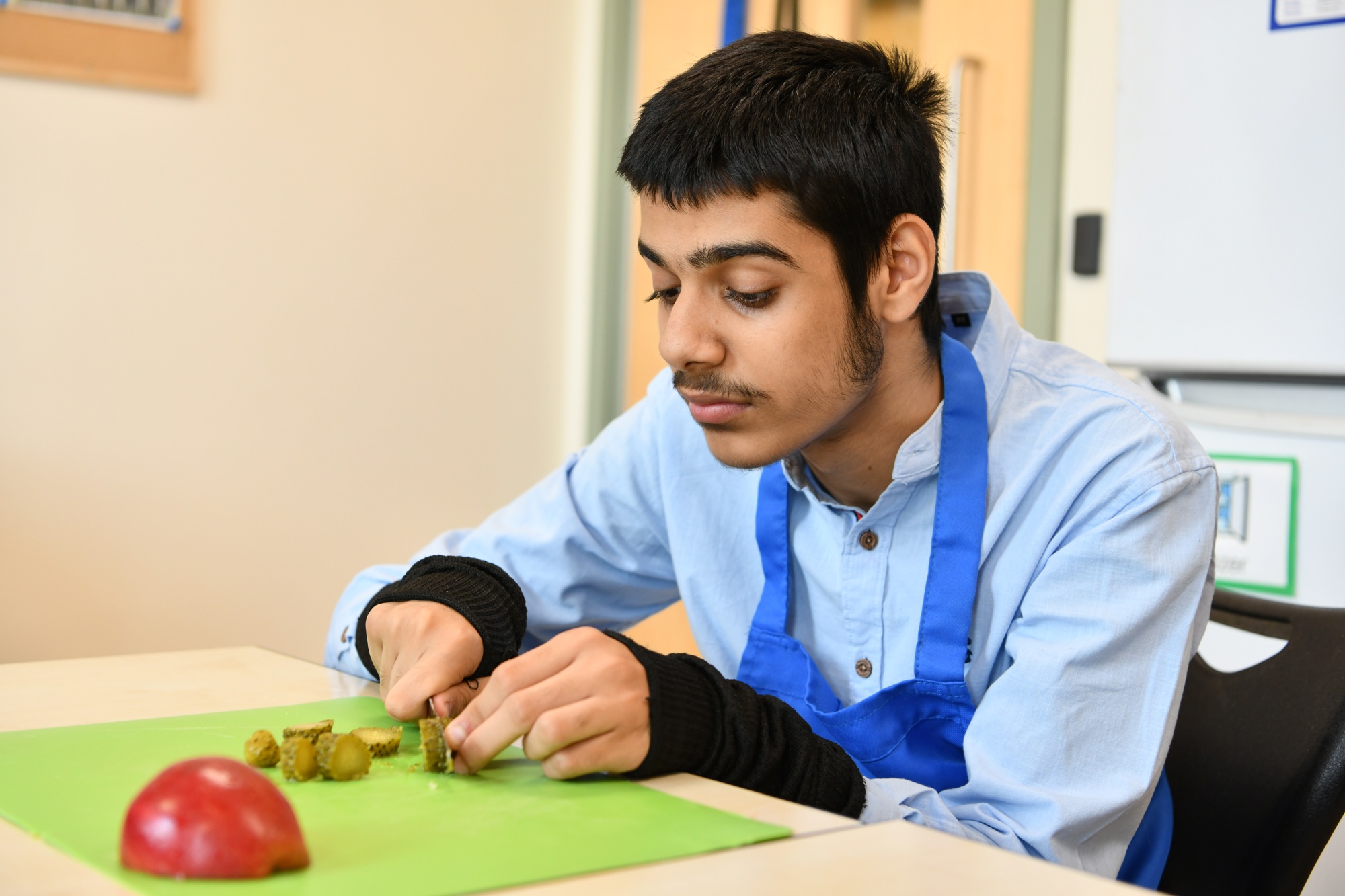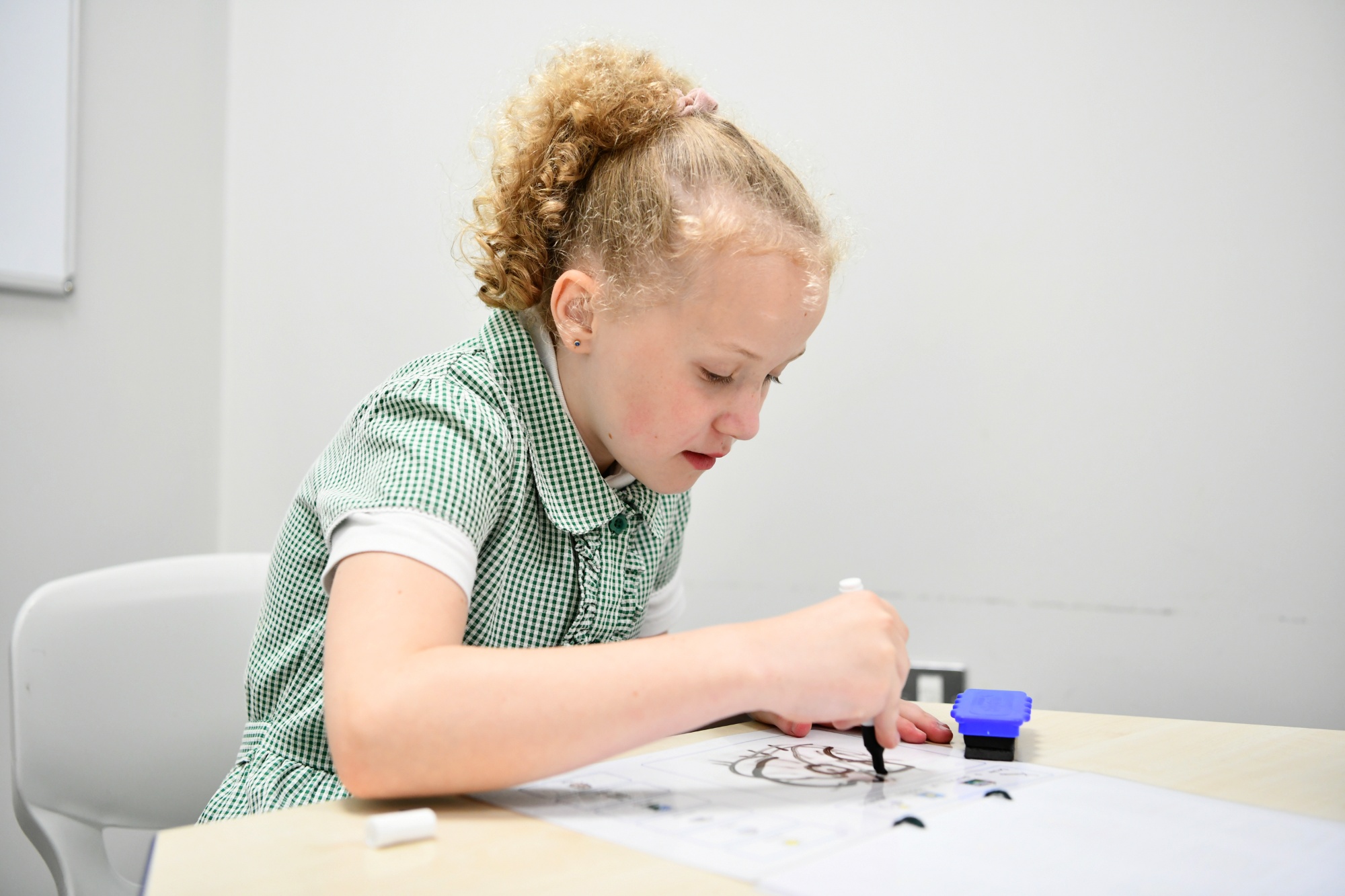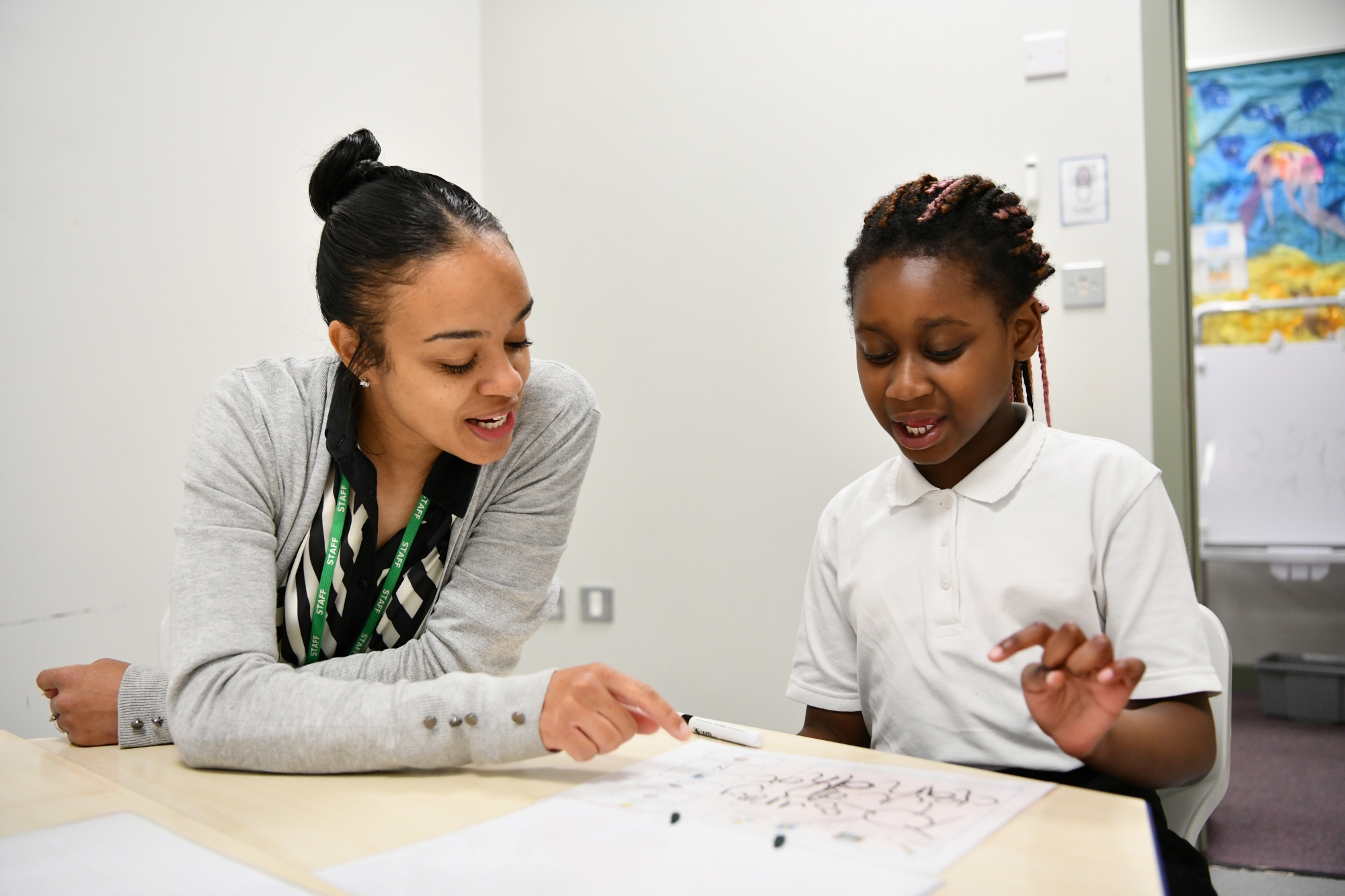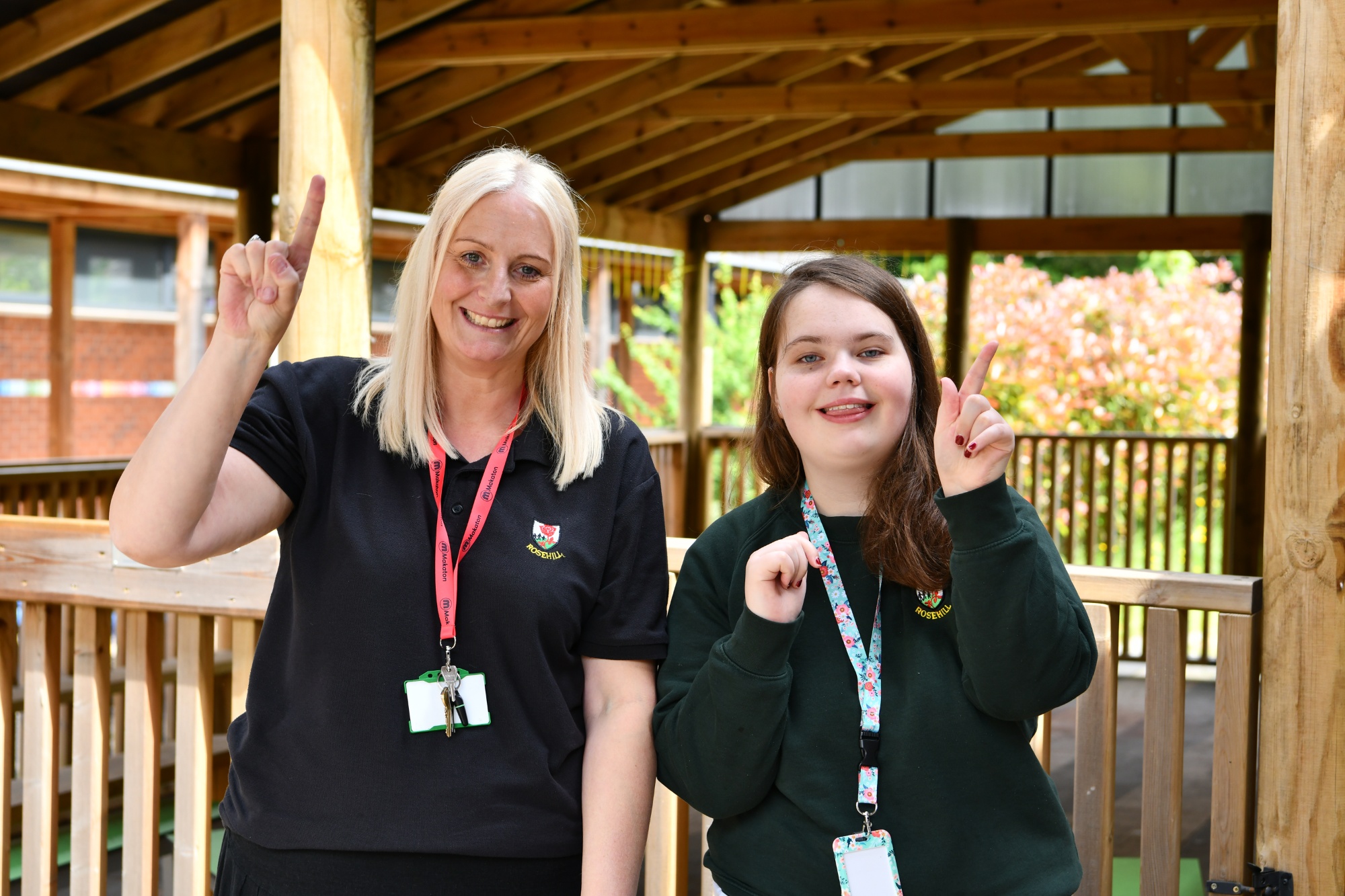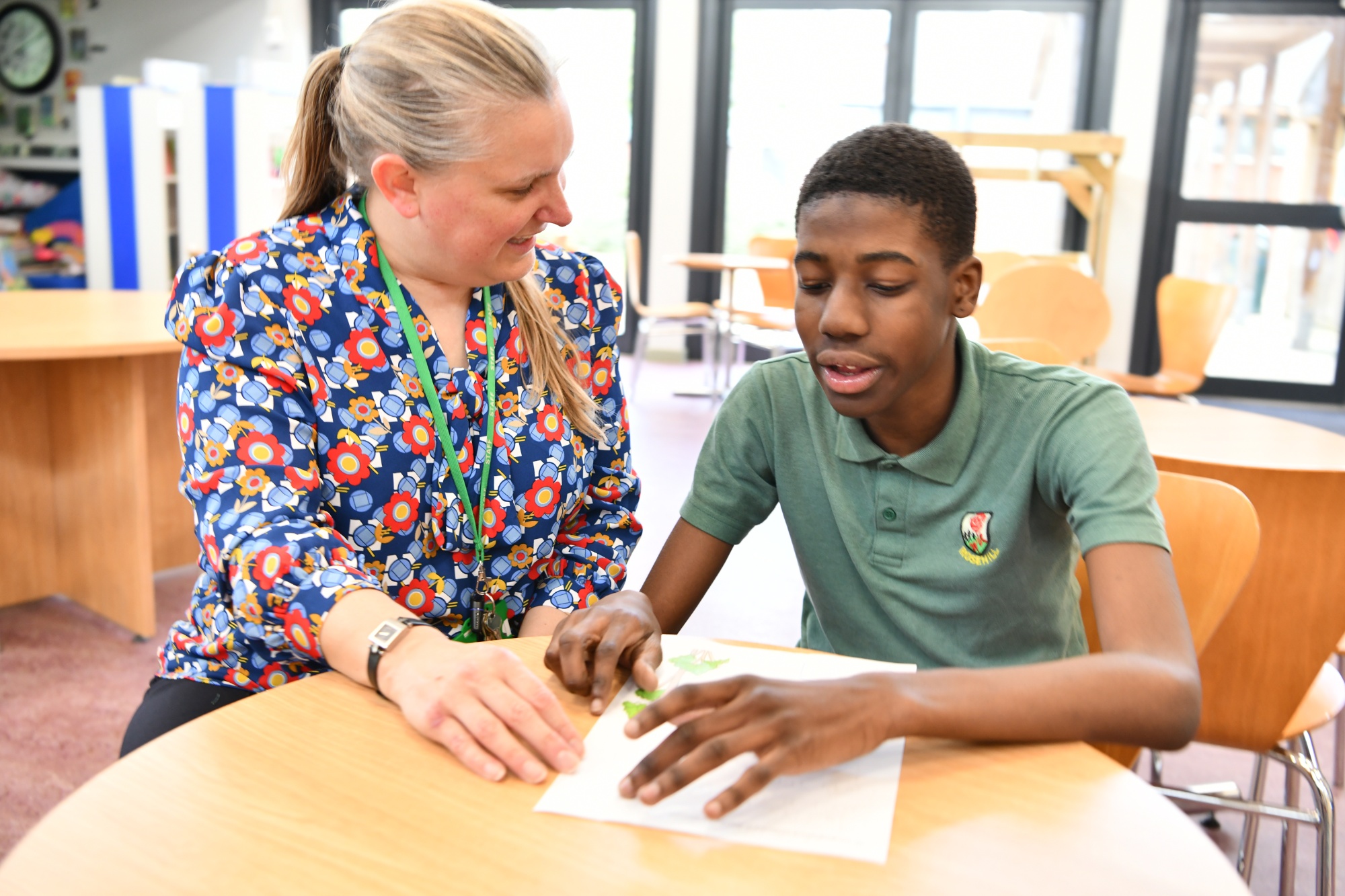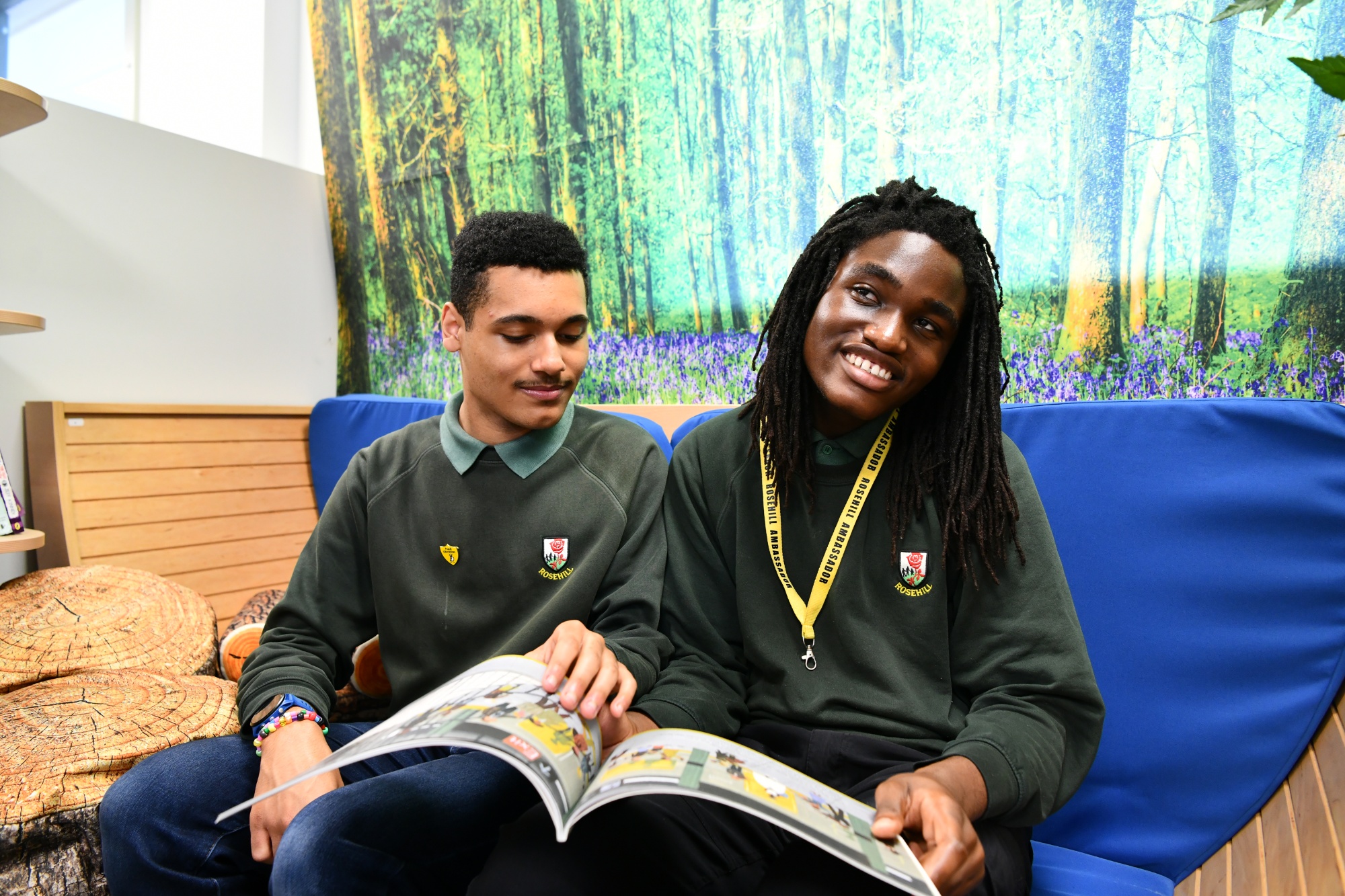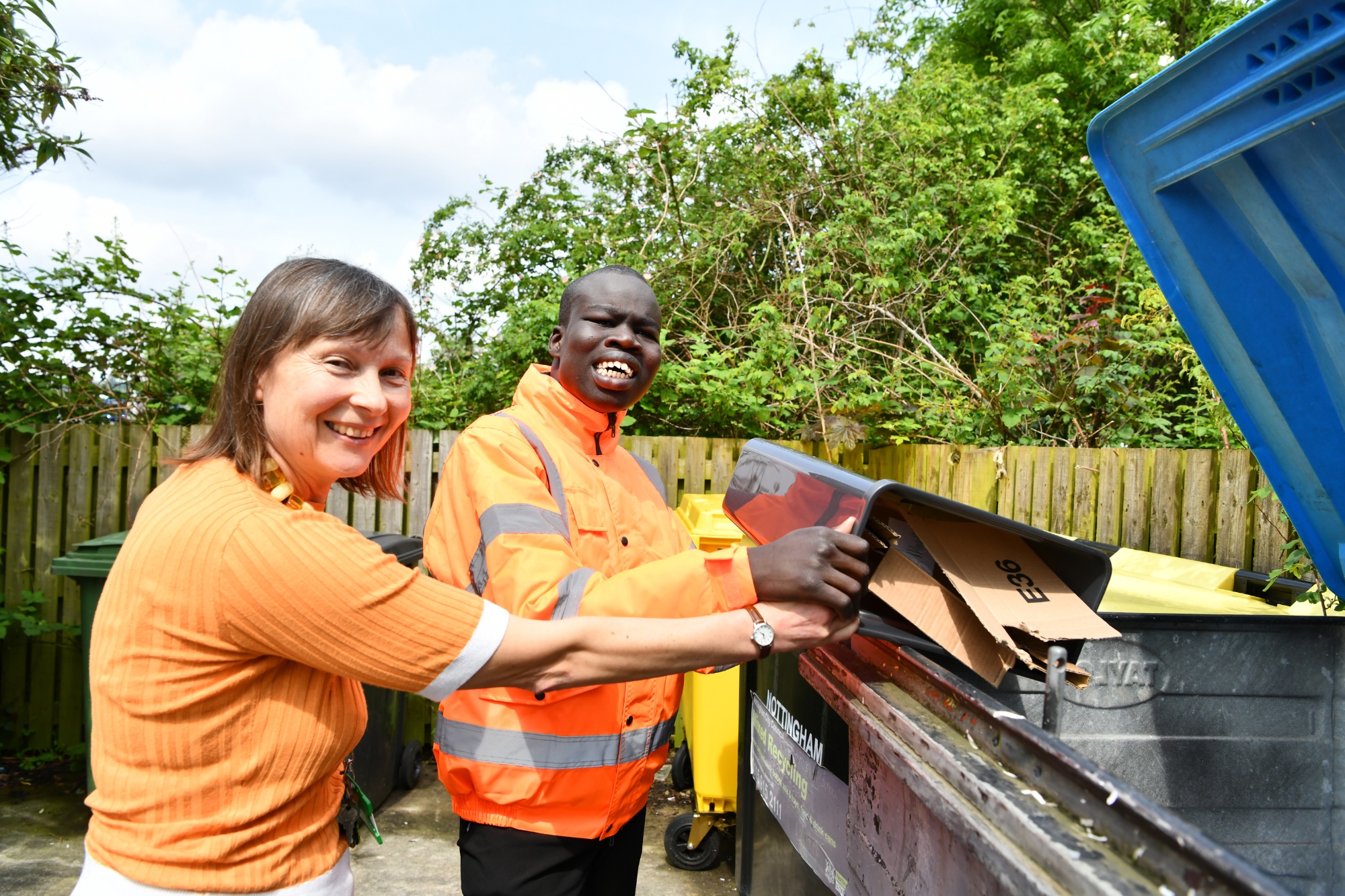
Curriculum Intent
Curriculum Intent
The intent of the Curriculum is to enable all pupils to be active learners, moving towards independence, autonomy, control and choice. We aspire for our pupils to effectively communicate as confident individuals, stay safe and healthy and become responsible citizens, ultimately fulfilling their aspirations and preparing them for adulthood.
The curriculum at Rosehill is designed to be broad, balanced, challenging, relevant and personalised to the needs of autistic learners, reflecting the world they live in today. We recognise that the pupils attending our school have specific, diverse and individual needs and our curriculum aims to reflect and meet these.
We are committed to improving the life outcomes for all of our pupils and providing them with the skills to be prepared for adulthood, successfully integrating into society when they leave the school. Leaders are ambitious and aspirational for all learners, and the curriculum programme has been planned to be holistic, coherent and focused on supporting each pupil to prepare for the opportunities, responsibilities and experiences which they will encounter after leaving Rosehill, also promoting Social, Emotional, Spiritual and Cultural Capital, Fundamental British Values and Personal Development.
Our Curriculum Structure is based on the principle that we need to provide a personalised learning approach, flexible and responsive to each individuals’ Educational Health Care Plan (EHC Plan). Our person-centred approach and personalised learning opportunities, keeps pupils’ learning at the centre of the curriculum (Communication Skills, Resilience, Motivation, Self-Assurance, Responsibility and Independence). A strong emphasis is placed on promoting positive mental health and wellbeing.
We embed a culture of safeguarding across the curriculum so that all pupils learn to be confident and keep themselves safe and healthy.
The school’s curriculum is planned and sequenced so that new knowledge and skills build on what has been taught before, and towards its clearly defined end points.
The school sets high expectations for all our pupils and promotes a love for learning.
Statutory requirements set out in the National Curriculum are adapted through detailed curriculum programmes. There is a clear rationale for ensuring this is meaningful, purposeful and meets the needs of all learners throughout the school.
We have a clear commitment to our delivery of life skills and work in conjunction with families and key stakeholders to ensure the learning is prioritised in a purposeful manner. We embed the Careers and World of Work Curriculum from Early Years through to Key Stage 5.
Within the daily practice of the classroom, holistic and therapeutic interventions and support are provided to pupils. This provision is extended through the support of the school’s specialist therapists and practitioners.
At Rosehill, pupils can expect high-quality teaching and learning. Staff are highly skilled in supporting autistic learners, who also experience complex co-occurring differences, to overcome their barriers to learning and social interaction and in modifying the environment to ensure it is enabling, conducive to learning and maximises independence.
Curriculum Aims
Our curriculum’s key aims include enabling learners to:
- Communicate as confident individuals and interact with the people around them (to become as independent as possible and enjoy learning with others)
- Stay safe and healthy as responsible citizens (leading safe, healthy and fulfilling lives and making positive contributions to society)
- Be successful learners, to do things for themselves and make good choices (enjoying school and life beyond school, making good progress and achieving a range of personal outcomes i.e. qualifications)
Our aims are underpinned by our school motto – ‘Caring about Learning, Learning about Caring’.
Person Centred Goals
The following ‘I can statements’ represent how we have translated the curriculum intent and key aims for development into person centred goals.
I can communicate and interact with the people around me
- My Learning
- My achievements
- My speech, language and communication
- My social interaction
I can stay safe and healthy
- My behaviour
- My emotional wellbeing
- My sensory regulation
- My health and physical development
I can do things for myself and make good choices
- My independence and Skills for Life
- My partnerships
Curriculum Routes & Progression Pathways
To enable the person centred goals to be successful for all learners, the following Curriculum Routes have been created;
- Route 1 - The Discovery Curriculum (for pupils working within/across the Engagement Steps and Progression Pathway 1)
- Route 2 - The Explorers Curriculum (for pupils working within/across Progression Pathways 2-4, which includes the pre-key stage standards)
- Route 3 - The Investigators Curriculum (for pupils working within/across Pathways 5-6, which includes the pre-key stage standards and the National Curriculum objectives)
The Routes can overlap to allow for sequence and progression. The transitions between routes can be gradual and there are no distinct boundaries between them.
This approach enables learning to be tailored to meet the developmental needs of differing learner profiles and offers all pupils appropriate and meaningful opportunities to practice, rehearse and to generalise their understanding and commit learning to their long-term memory. The emphasis is on building routine and structure, which enables learners to use more of their working memory in order to undertake learning tasks.
Age-Related Content & Progression Pathways
We have identified 6 main assessment Pathways for learners. Prior to this, pupils will follow the Engagement Steps. Although the Progression Pathways are not age-related, the content of the curriculum will change as a pupil progresses through the school. This is to ensure learners receive varied and engaging input over-time that is age appropriate, even when they might remain in the same cognitive pathway, to ensure that existing skills and knowledge are consolidated, and new learning is acquired.
Progress for our learners is assessed in terms of their ability to generalise and maintain the skills and knowledge they acquire across the curriculum, and within different contexts and experiences.
For further information regarding the Engagement Steps, please follow this link.
Areas of Learning and Experience (KS1-3 & KS4-5)
Across the Curriculum Routes there are 5 areas of learning and experience which form the curriculum delivery for pupils in Key Stage 1-3 which encompass the National Curriculum Subjects, these being;
Communication, Speech, Language & Literacy
Communication (Including signs, symbols and Makaton)
English
Foreign Languages (KS2)/ Modern Foreign Languages (KS3) & Cultures
Problem Solving, Maths, Science & Technology
Mathematics
Science
Design Technology
Computing & IT (Including E-Safety)
Creative Arts
Art & Design
Dance, Movement & Drama
Music
Personal Development, Health & Emotional Wellbeing
PSHE & Citizenship
RSE (Including Health Education)
Physical Education
Sensory Regulation
Cultural Capital & Diversity
Geography (Including use of the MILE - Multi Interactive Learning Environment)
History
Religious Education, SMSC & FBV
Community Inclusion
Personalised Enriched Learning Opportunities
In Key Stage 4 and 5 students are also given the opportunity to gain accreditations, this can be in the form of AQA Unit Awards, and AIMS modules. The Key Stage 4 and 5 (Sixth Form) curriculum is delivered via 5 areas of learning and experience, these being;
Functional Skills
Communication (Including signs, symbols and Makaton)
English
Maths & Financial Literacy
Computing (Including E-Safety)
Vocational Learning
Work-Related Learning
Enterprise Education
Careers Education
Accredited Qualifications
Independent Living
Home Management, Food Preparation & Hygiene (*Including Science & DT Links)
Community Inclusion
Health & Wellbeing
Leisure, Recreation & Physical Education
The Arts
*Humanities (Including MFL, Cultures, Project Links)
Personal & Social Development
PHSE, RHSE & Citizenship (Including Drugs Education Links)
RE, SMSC, FBV & Cultural Capital
*At Key Stage 4 Science, MFL, D&T and Humanities are delivered within the above areas of learning and experience
**Elements of each area above are also delivered through the LIVE Programmes
By offering a broad range of teaching, learning and experiences, across the Pathways, children and young people's learning is strengthened and deepened as they progress through the school from the Early Years to Key Stage 5.
Curriculum Structure
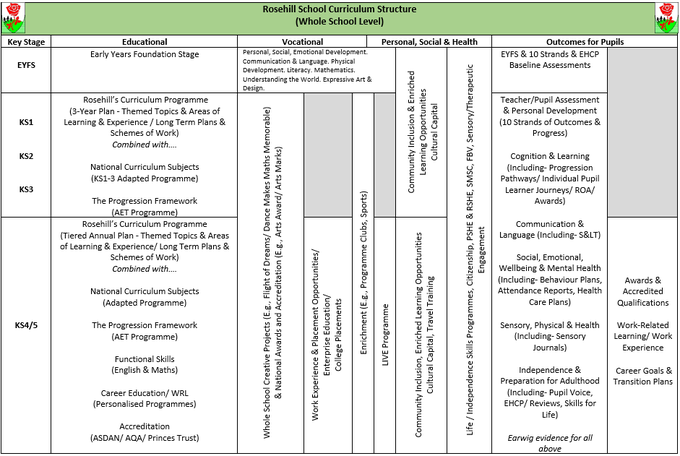
To help all pupils, parents and carers and the wider community understand our the curriculum structure, we have created a summary 1-page document to guide you through this key information.
Early Years Foundation Stage (EYFS)
The Early Years Foundation Stage (EYFS) applies to children from birth to the end of the academic year in which a child has their fifth birthday.
At Rosehill, our Early Years Curriculum follows the statutory framework and guidance detailed under the Statutory Framework for the Early Years Foundation Stage and the SEND Code of Practice to ensure all requirements outlined are incorporated into all aspects of our provision. We also conduct our own research regarding children’s learning and development.
Children in the EYFS will be learning skills, acquiring new knowledge and demonstrating their understanding through the 7 areas of learning and development. Children should mostly develop the 3 prime areas first. These are:
- Communication and language;
- Physical development; and
- Personal, social and emotional development.
These prime areas are those most essential for a child’s healthy development and future learning.
As children grow, the prime areas will help them to develop skills in 4 specific areas. These are:
- Literacy;
- Mathematics;
- Understanding the world; and
- Expressive arts and design.
These 7 areas are used to plan a child’s learning and activities. At Rosehill, we ensure that the activities are designed to be really flexible so that staff can follow each child’s unique needs and interests. Our plans and activities take into account how each child develops, their strengths, challenges, ways of learning and what we can do to address the barriers around physical, emotional, sensory, communication, health and medical needs. We work closely with colleagues in the health and therapy teams in order to achieve progress.
We continue each child’s journey through the EYFS into Key Stage One as this enables us to show progress against each child’s individual next steps. Children in the EYFS learn by playing and exploring, being active, and through creative and critical thinking which takes place both indoors and outside. We provide planned and purposeful opportunities which help build their resilience and ability to follow a routine and develop their engagement with adult led and group activities, where appropriate.
For further information regarding our EYFS Curriculum, please follow this link.
Key Stage 1 and 2
The Curriculum within the Key Stage 1 and 2 is designed to create interest and motivate learning; Rosehill strongly believes that an interest led curriculum will promote wider engagement and generalisation of skills as this approach helps build strong connections in learning overtime. The pupils therefore study all statutory subjects in a thematic approach.
As appropriate, we continue each child’s journey through the EYFS into Key Stage 1, as this enables us to show progress against each child’s individual next steps.
All pupils in Key Stage 1 and 2 have daily Communication sessions and access Community Inclusion, also embedded in the lessons is FBV and SMSC. To supplement this, pupils also have the opportunity to engage in a wide range of creative workshops and experiences.
There is an opportunity for all pupils to have at least a two-term block of swimming by the end of year 5.
Key Stage 3
The Curriculum in Key Stage 3 follows a thematic-based curriculum as described above. The thematic approach builds on the content delivered within Key Stage 2 and learners begin to apply their knowledge and skills across different settings and contexts.
Pupils typically study all statutory subjects. There will be a combination of discrete subject specific learning and wider cross-curriculum content. Lessons have been chosen to develop skills for life and independence.
Within this Key Stage, pupils access a wide range of Community Inclusion opportunities, as well as FBV and SMSC. Pupils also begin to study a life skills curriculum which is embedded in lessons. To supplement this, as appropriate, some pupils have the opportunity to engage in Work-Related Learning.
Key Stage 4 and 5 (Including Accredited Learning)
In Key Stage 4 students are offered a broad and balanced curriculum and are taught Functional Skills (including English and Maths), Personal and Social Development (Including RSHE and RE), Independent Living, Health and Wellbeing (Including Science, D&T and Humanities), and Vocational Skills (including Careers Education). Students also work towards external accreditation, which is offered at a level appropriate to the individual student needs.
Students who stay in Key Stage 5 continue to access a broad and balanced curriculum - see subjects outlined above at Key Stage 4. However, the focus is the continued development of life, personal and social skills in readiness for leaving school. As part of this, students complete, for example, ASDAN, Aims and Princes Trust Awards. These courses provide the opportunity for pupils to work on tasks, which promote independence, confidence and self-reliance and provide opportunities to prepare for being economically able citizens within society.
Students also have the opportunity to undertake the National Citizenship Programme and Work Experience. This allows the students to gain the skills needed to undertake a range of different roles.
As appropriate, pupils are also able to access Travel Training, which is delivered on and off site.
Students also engage in leisure activities such as going to the gym and community skills.
Careers Education
At Rosehill, in line with the Government's careers strategy, we aim to make sure that all pupils, from the age of 4 to 19 access and embed our bespoke education through our development of an Employability Curriculum.
We use the Gatsby Benchmarks to measure the quality of our provision in order to develop it further. We believe high quality careers advice and practical support in terms of access e.g. pupils are supported with arranging and attending college visits, which is absolutely essential if pupils are going to achieve their potential.
Pupils from across the school have the opportunity to engage in jobs and work experience and this is a really important part of our curriculum. Pupils greatly benefit from a custom-built environment offering specially designed work experience zones such as the café and training flat within which they can learn about and develop transferable work skills in a safe and secure environment.
Our Curriculum Framework outlines how the school provides teaching and learning opportunities that are essential for the learning and development of all children and young people at Rosehill so they are instrumental in developing their own personal development and transition pathways.
For further information regarding Careers Education and Employability, please follow this link.
For our Careers and Work of Work Policy, please follow this link.
Safeguarding in the Curriculum
Safeguarding and the promotion of fundamental British values are a core business of our work at Rosehill and leaders embed a culture of safeguarding in the curriculum.
Great importance is placed on identifying opportunities in the taught curriculum for pupils to learn about safeguarding. Our broad curriculum gives them opportunities to experience life in all its diversity, to acquire knowledge, understanding and skills that significantly impact on personal development, behaviour and welfare and equips every learner with the knowledge and skills required for personal safeguarding.
Our PSHE and RSHE curriculum covers all areas of Safeguarding through each of the strands. We are sensitive in our teaching and recognise that some more subjects need to be taught at an age appropriate level, or at a small group or 1:1 level.
We have developed an open and safe learning environment in which pupils express their views, seek help and help others. They make use of our Pupil Safeguarding displays/boxes to share concerns with staff. The promotion of equality of opportunity and diversity, for pupils and staff, helps prevent any form of direct or indirect discriminatory behaviour. Our behaviour policy promotes making good choices and exhibiting good learning behaviours. Staff receive regular and ongoing training to underpin practice.
For further information regarding Safeguarding in the Curriculum at Rosehill School, please follow this link.
For our Child Protection and Safeguarding Policy, please follow this link.
Spiritual, Moral, Social and Cultural Development (SMSC) & Fundamental British Values (FBV)
These play a significant part in our curriculum; our intention is to educate the school community in a holistic way, joining together spiritual, moral, social and cultural strands and fundamental British values in our everyday practice. We provide opportunities to explore and develop an appreciation of the diversity and richness of all cultures and Fundamental British values.
Our assemblies help all pupils to find out about themselves and others, linking their lives to the communities in which they belong.
Our Safeguarding Policy entrusts a duty of care on all our staff to actively protect and promote the welfare of children at all times.
Pupils are encouraged to experience British Culture through our curriculum themes, projects, visitors and community visits.
Rosehill promotes equality and diversity. The school has a Student Council and Class Ambassadors who play a key role in promoting SMSC and FBV.
For further information regarding SMSC and FBV, please follow this link.
For our Fundamental British Values Statement and Policy, please follow this link.
Mental Health and Wellbeing Through the Curriculum
At Rosehill, we recognise that good mental health is fundamental to be able to thrive in life, therefore we promote positive mental health and wellbeing throughout the curriculum.
Our curriculum will give pupils the opportunity to:
- Recognise that people are good at different things
- Build respectful friendships and relationships
- Learn how to respect themselves and others
- Develop self-esteem and confidence in their abilities
- Follow their own interests and be themselves
- Learn in a supportive environment
- Be supported to learn how to self-regulate when anxieties become heightened
- Find a way of being active that they enjoy
- Support others in the school community and wider community
Pupil Voice Through the Curriculum
At Rosehill, we have a whole-school approach to pupil voice, which means we listen to the voices of everyone in the school community. This includes children and young people as well as parents and carers, school staff and key stakeholders.
Children and young people can offer unique perspectives on what it is like to be a pupil at our school; therefore, we provide them with meaningful opportunities to share their experiences, views and hopes about the school. We recognise that some pupils have difficulties with expressing their opinions and therefore, we use creative and personalised ways to ascertain pupils’ feeling about things and their recommendations for making their experience even better, as well as facilitating a sense of empowerment and inclusion.
For our Pupil Voice Policy, please follow this link.
Enrichment, Creativity and Cultural Capital in the Curriculum
Enrichment and creativity is what drives the curriculum at Rosehill and is central to what our curriculum is about. It is these rich experiences that make learning memorable. In using creative and exciting themes and projects as the starting point for our planning we give meaning and motivation to learning, developing the curiosity and creativity of each pupil through real-life experiences.
Our curriculum also focuses on enhancing and developing learners knowledge of the society in which they live and the wider world through enriched opportunities (‘cultural capital’). One of our creative projects, where we brought maths to life through dance, inspired children's creative thinking and imagination – helping them to acquire and hone their creative skills. Every element of the curriculum is approached creatively, from science to English to history. Through this, they begin to learn about themselves, their passions and their interests.
The community also plays an essential part in our curriculum. We actively promote the importance of dynamic partnerships, and involve parents and carers at every opportunity, focus on the importance of the learning environment and extend involvement into the local community and beyond.
For further information about the Curriculum at Rosehill School please contact The Curriculum Manager, Tamara Riddell t.riddell@rosehill.nottingham.sch.uk

